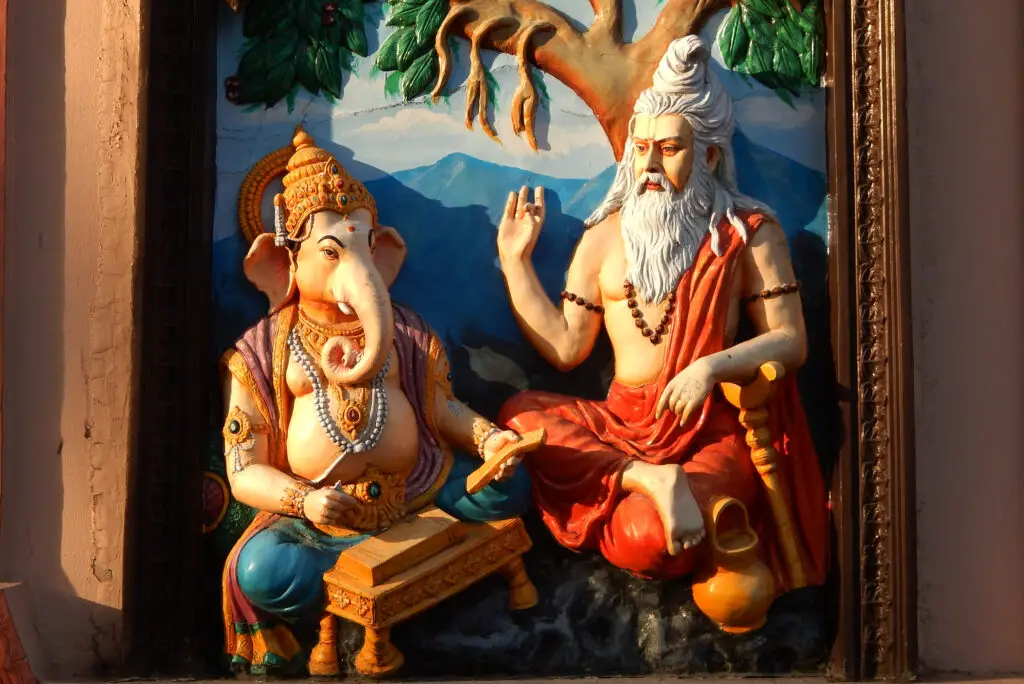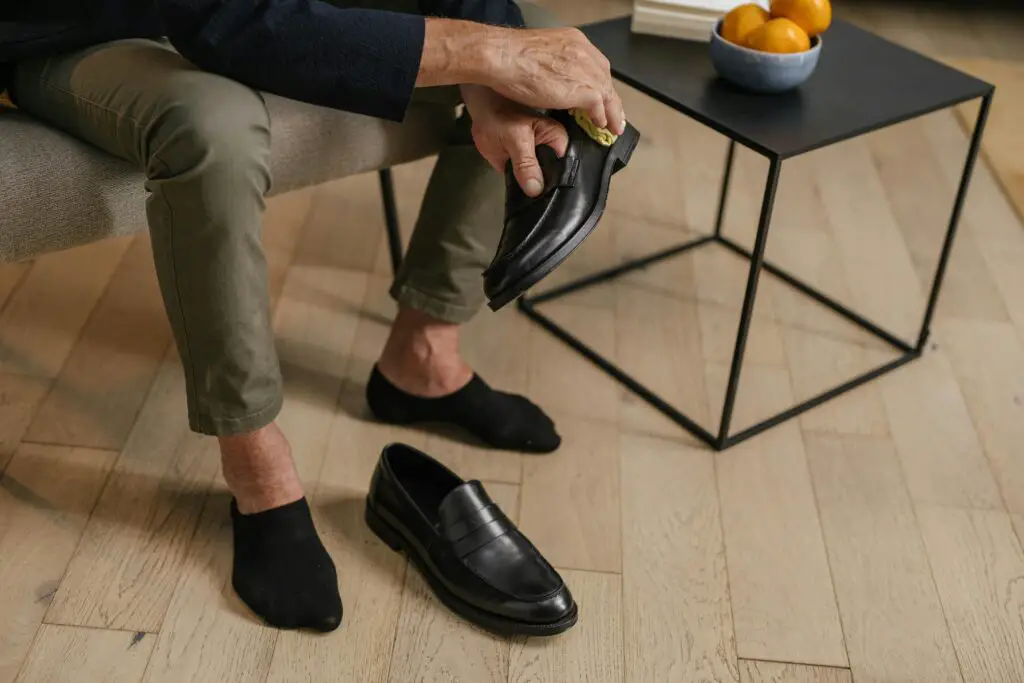1. Touching Someone’s Head in Thailand

In Thailand, a friendly pat on the head might seem harmless, especially if you’re smiling or joking. But in Thai culture, the head is considered the most sacred part of the body—it’s where the spirit lives. Even children’s heads are off-limits, so reaching out to tousle someone’s hair can come across as deeply disrespectful. It’s one of those cultural differences that’s easy to overlook if you’re not aware of it shares Temp.co English.
Many travelers don’t realize they’re making a mistake until they see someone recoil or give a disapproving look. The best rule of thumb in Thailand is to keep your hands to yourself unless someone initiates contact. Respect is very visual in Thai society, and even unintentional actions are noticed. So it’s a good idea to observe how locals interact before jumping in shares Reader’s Digest.
2. Tipping in Japan

If you’re from a country where tipping is a way of showing appreciation, you might instinctively leave a few coins or bills after a meal. But in Japan, tipping is not only unnecessary—it can be insulting. Good service is part of the job and is expected as a standard, not something to be rewarded with extra cash. Some people might even chase you down to return your tip, assuming you left it by accident says City Journal.
That doesn’t mean your gratitude isn’t welcome—it just looks different there. A simple bow or a sincere “arigatou gozaimasu” goes much further than money. Travelers often feel awkward not leaving anything, but that’s just cultural conditioning. In Japan, the gesture can feel more like pity than praise adds Nerd Wallet.
3. Wearing Shoes Indoors in Korea

When you enter a Korean home, the first thing you’ll notice is a tidy area by the door lined with shoes. Taking off your shoes before going inside isn’t just polite—it’s expected. Leaving them on tracks in dirt and disrupts a space that’s meant to be clean and sacred. Even in guesthouses or traditional restaurants, the no-shoes rule often applies.
Many Western tourists forget this custom or assume it’s optional. But walking into someone’s home with shoes on is like stomping on their living room rug with muddy boots. Slippers are often provided, so just follow the lead of your host. It’s a small act of respect that goes a long way in Korean culture.
4. Using Your Left Hand in India

In India, the left hand is traditionally seen as unclean, used for personal hygiene. So if you’re eating with your hands or passing someone an object, using your left hand can be seen as rude. This rule applies especially in rural areas, but even in cities, people might notice and quietly judge. Tourists often make the mistake of handing money or gifts with their left hand without realizing the implications.
Of course, no one expects perfection from a visitor. But being aware of this subtle norm can help you avoid a cultural misstep. Try to eat, gesture, and give things with your right hand when you can. It’s a small detail that speaks volumes about your cultural sensitivity.
5. Staring in Egypt

Eye contact varies wildly around the world, and in Egypt, too much of it can feel intrusive—especially between men and women. Tourists might think they’re being friendly or confident by holding eye contact, but it can easily be taken the wrong way. In conservative areas, it’s best to keep your gaze respectful and brief. What might feel like assertiveness in one culture can feel like disrespect or even flirting in another.
It’s also worth noting that staring at people in public spaces, especially when they’re praying or doing something personal, is frowned upon. Locals will likely be polite about it, but the discomfort can be real. Blending in means observing quietly, not drawing too much attention. A smile and a nod go further than a prolonged gaze.
6. Not Greeting People in France

In France, greetings matter—a lot. Walking into a bakery or shop without saying “bonjour” (or “bonsoir” in the evening) is seen as cold or even rude. It’s a basic courtesy that shows you respect the person’s presence. Tourists often rush in and start making requests or asking questions without acknowledging the person behind the counter.
Even if your French isn’t perfect, a simple “bonjour” goes a long way. It sets a friendly tone and opens the door to better service. This little ritual is deeply woven into daily life, and skipping it can make interactions feel tense. When in France, always greet first and ask later.
7. Public Displays of Affection in the Middle East

Holding hands, kissing, or even prolonged hugging in public can draw unwanted attention in many Middle Eastern countries. What feels like a sweet, everyday expression of love back home might be seen as inappropriate or offensive in more conservative areas. Some countries have strict laws or social rules against it.
Travelers sometimes forget that they’re guests in a culture with different boundaries. It’s not about judgment—it’s about local norms that value modesty and discretion. If you’re unsure, look around and see how locals interact. When in doubt, save the affection for private moments.
8. Pointing Feet in Buddhist Countries

In countries like Myanmar, Laos, and Thailand, feet are considered the lowest and dirtiest part of the body—both physically and spiritually. Pointing them at people or sacred objects, like Buddha statues, is seen as very disrespectful. Tourists lounging with their feet outstretched toward others or placing feet on furniture might not realize the offense they’re causing.
It’s one of those customs that rarely gets explained, but always gets noticed. If you’re visiting a temple, always sit cross-legged or with your feet tucked behind you. And never use your feet to move or touch something—it’s viewed as extremely rude. Awareness of your body language makes a big difference in places where spiritual respect is central.
9. Not Finishing Your Plate in China

In many Western cultures, leaving food on your plate is polite—it shows you’re full and not greedy. But in parts of China, finishing every last bite can send the message that you weren’t given enough food. Hosts might feel embarrassed or think they failed to satisfy you. This can especially come into play at formal dinners or family gatherings.
So if you’re feeling full, it’s okay to leave a little something behind. It’s actually seen as a compliment that the host provided plenty. Of course, wasting food isn’t encouraged either—balance is key. The gesture is more about showing appreciation than cleaning your plate.
10. Touching Religious Objects in Nepal

Nepal is home to stunning temples and ancient relics that can feel magnetic to travelers. But touching statues, shrines, or even walking on certain parts of temple grounds with shoes on can be seen as deeply disrespectful. These aren’t just pretty artifacts—they’re living symbols of faith.
Some tourists, in their excitement, forget that they’re in a sacred space. Even a well-meaning touch can be a big no-no. If you’re unsure, watch how locals behave and follow their lead. Respecting these boundaries shows reverence, even if you don’t share the same beliefs.
11. Blowing Your Nose in Public in Turkey

In many Western countries, blowing your nose loudly is just a normal part of having a cold. But in places like Turkey, it’s considered gross and rude to do it in public—especially at the dinner table. Tourists who reach for a tissue mid-meal might not think twice, but locals could be quietly horrified.
Instead, excuse yourself and head to the restroom if you need to blow your nose. It’s a simple act of courtesy that helps you avoid awkward stares. Cultural standards for hygiene and manners vary more than you might think. In this case, a little discretion goes a long way.
12. Showing the Soles of Your Shoes in Arab Countries

In many Arab cultures, the bottom of your shoe is seen as the lowest, dirtiest part of your body. Showing it to someone—even accidentally—can be a serious insult. Propping your feet up on furniture or sitting cross-legged with soles exposed can be seen as highly disrespectful.
This custom can surprise travelers who are just trying to get comfortable. But in social or professional settings, it’s best to keep both feet flat on the floor. Small gestures like this reflect a deeper level of cultural respect. People may not say anything, but they’ll certainly take notice.
